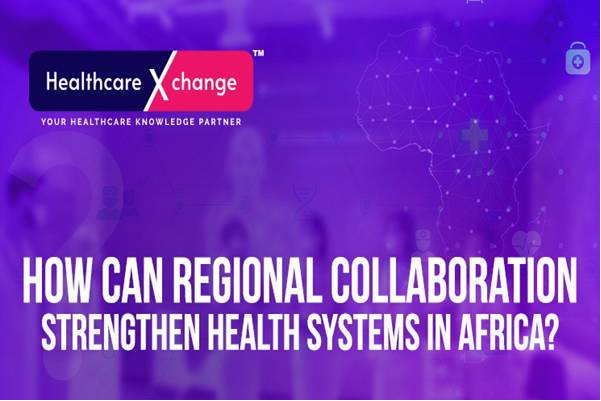
How Regional Collaboration Can Build a Resilient Health System in Africa?
- Healthcare and General Service
- October 15, 2024
Highlights
-
African countries advocate for regional cooperation to tackle health emergencies.
-
Initiatives such as the African CDC, New Public Health Order, and African Medicines Agency are gaining traction.
-
These measures emphasize the expansion of healthcare workers, enhancing self-sufficiency, and initiating regulatory reforms.
Potential Health Crisis
A World Health Organization (WHO) survey across 47 African countries raises concerns about the continent’s readiness for health emergencies. The survey reveals a doctor and health worker ratio of just above 1.5 per 1000 people, significantly below the WHO-recommended ratio of about 4.5 healthcare staff per 1000 people. This shortage directly impacts government initiatives to provide essential services during crises. Over one-third of births in Africa occur without a trained health worker, contributing to an infant mortality rate of 52 per 1000 births, the highest globally.
COVID-19 Measures Show the Way
The COVID-19 pandemic underscored the significance of collaboration among diverse stakeholders to combat outbreaks of diseases. The efforts undertaken by governments, multilateral organisations, private sector partners and civil institutions highlighted the importance of regional coordination to deal with health-related calamities.
A systematic approach demonstrated the necessity to align roles based on expertise and capability. This enabled various stakeholders to work in a well-defined manner. In most cases healthcare professionals led the strategy, multilateral organisations provided the capital and governments delivered the services via civil institutions.
The initiative played a crucial role in saving millions of lives on the continent despite several African countries unable to receive vaccines and medical paraphernalia amid a global crunch.
African Countries Prioritise Collaboration
African summit sessions and conferences took notice of the fact that Africa did not figure high up in the list of priorities to receive aid during the peak of the pandemic.
The African Union Summit’s 36th session emphasised regional collaboration over dependence on foreign aid. Similarly, the International Conference on Public Health in Africa’s second convening and the Africa Health Agenda International Conference too gave top priority to self-reliant health systems.
Regional Healthcare Initiatives in Africa
One such initiative is the Africa Centres for Disease Control and Prevention, an autonomous public health agency for the region. The African CDC is expected to play a crucial role in the future to monitor, prevent, address and contain any future outbreaks of diseases of a pan-African nature.
The continent is also home to its very own New Public Health Order, a crucial measure to fortify public health programs.
The initiative aims to boost preparedness in terms of,
-
Increased number of healthcare workers
-
Self-sufficiency in manufacturing medicines and equipment
-
Significant investment in hygiene and nutrition
-
Coordination via public-private partnerships
The African Medicines Agency is another collaborative program that provides much needed regulatory framework for the pharmaceutical sector’s activity on the continent. The AMA serves as a special branch of the AU that guides local entrepreneurship in healthcare.
Regional Collaboration for Healthcare and Harmony
Regional cooperation needs to be a top priority for Africa as healthcare is often impacted by challenges unique to the continent. The region has long been vulnerable to climate change-related events, recurring epidemics and internecine clashes between local communities.
According to a UN-led report, resource scarcity is often a primary cause of conflicts, leading to significant migration toward sub-Saharan countries. Healthcare initiatives can play a role in addressing conflicts while uniting the region in a shared goal of enhancing preparedness for dealing with emergencies.




